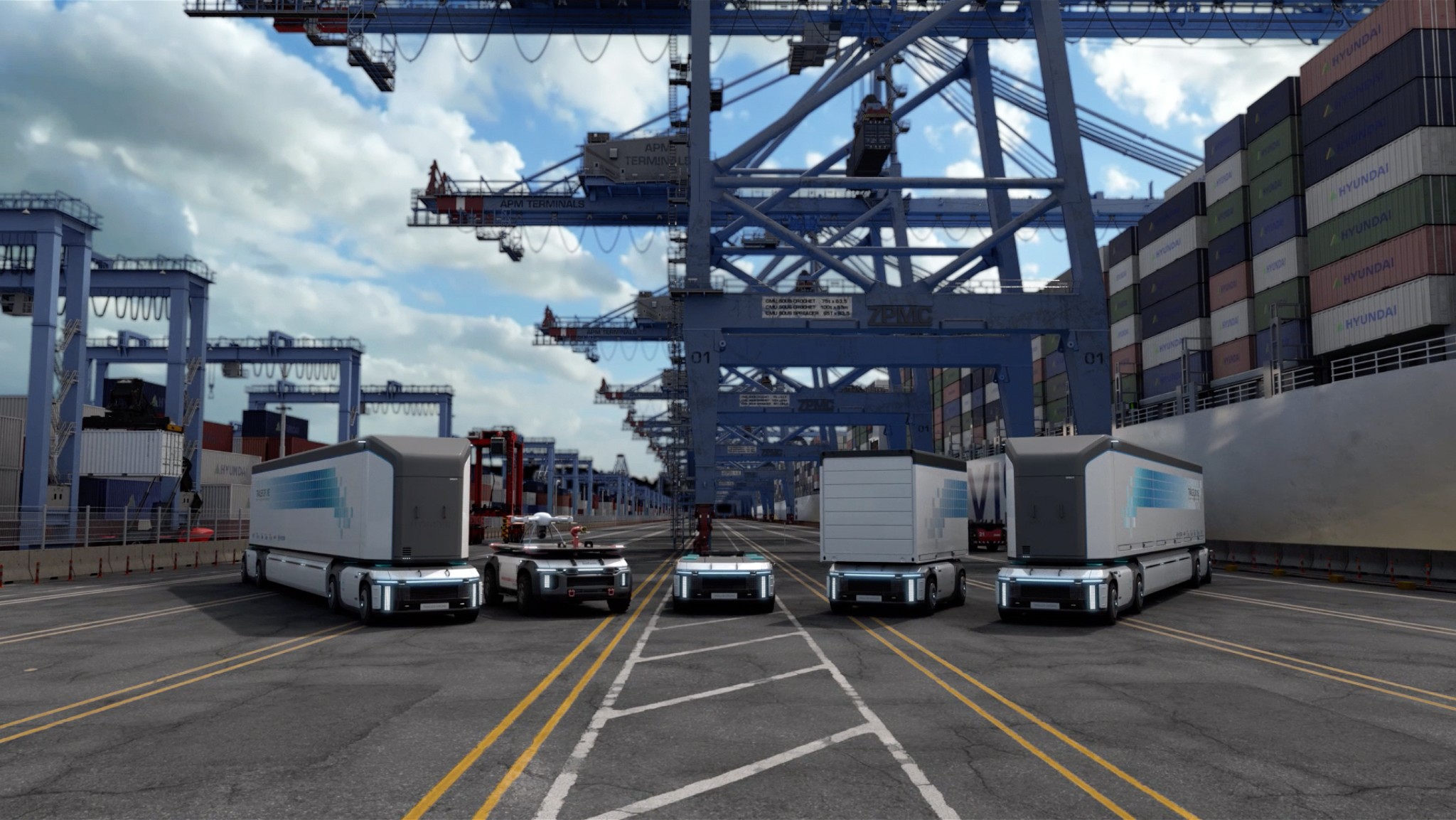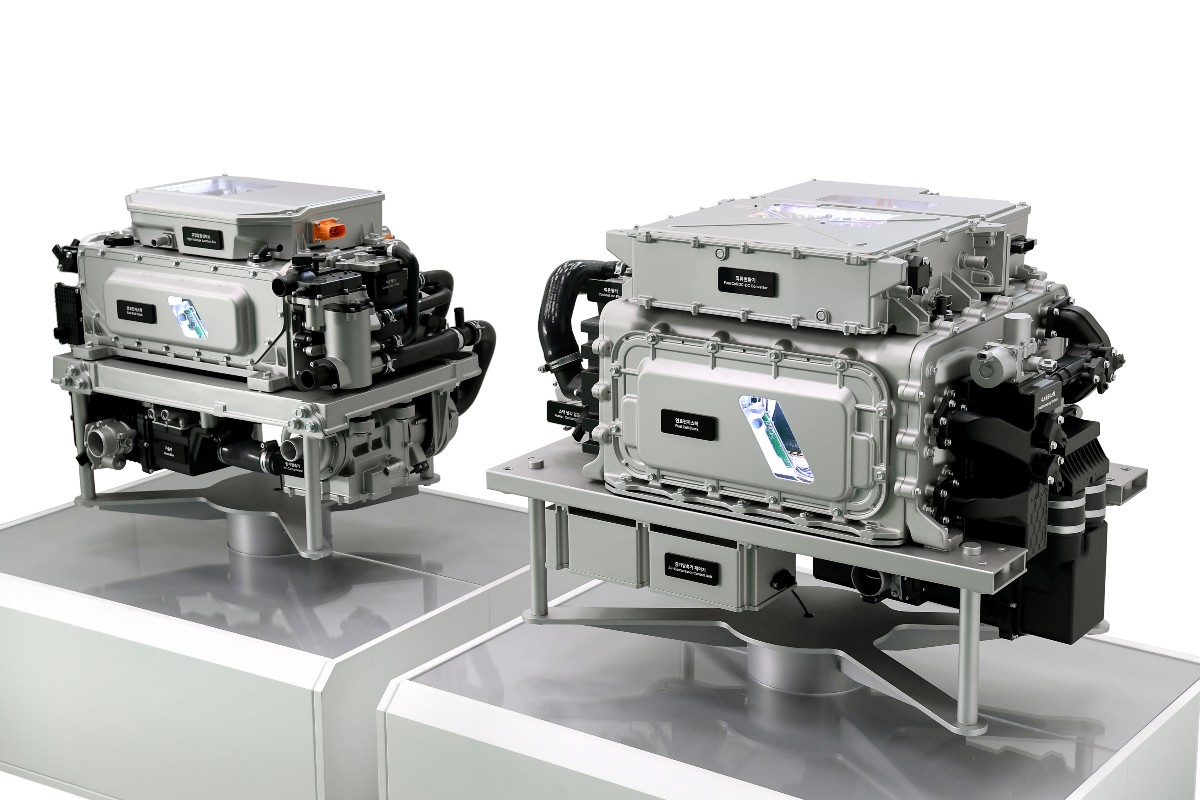Hyundai commits to hydrogen fuel cell technology, charts out a road map till 2040
Hyundai Motor Group plans to introduce new hydrogen-based technologies and mobility solutions in transportation and other industrial sectors
 Hyundai Motor Group showcased the concepts powered by the hydrogen fuel cell system
Hyundai Motor Group showcased the concepts powered by the hydrogen fuel cell systemHyundai Motor Group, after announcing that the company will be going carbon neutral by the year 2045, has presented its vision of popularising the use of Hydrogen by 2040. Hyundai plans to launch its next-gen fuel cell systems by 2023 and is in the works to offer hydrogen fuel cell versions of all its commercial vehicles by 2028.
Hyundai currently offers fuel cells in the Nexo SUV, Elec city bus and XCIENT fuel cell truck, and plans to expand their portfolio with high-performance vehicles, urban air mobility, robots, aircraft and ships powered by the same. The company also believes that other power-intensive parts of society like buildings and power plants can be fuelled by hydrogen fuel cells.
 The third-gen hydrogen fuel cell stacks by Hyundai
The third-gen hydrogen fuel cell stacks by HyundaiThe company showcased two third-generation fuel cells that are essentially successors to the current system from the Nexo, and are more compact than before – a 100kW and 200kW fuel cell stack. The 200kW stack is designed for commercial vehicle applications, whereas the 100kW stack is for various types of light vehicle applications.
Hyundai also showcased concepts powered by the hydrogen fuel cell system. The first was Vision FK, a high-performance hydrogen sports car that can do a 0-100kmph in less than four seconds and give a range of 600km. This was developed in association with Rimac, a company that Hyundai invested in in 2019 The second is a trailer drone that can get 1000km of range with a single charge, and more concepts like an e-bogie, a rescue drone, an H moving station and rescue hydrogen generator vehicle. The e-bogie is particularly interesting: essentially an autonomous vehicle that can pull trailers that carry shipping containers along.
Chairman of the Group, Euisun Chung said, “By developing advanced technologies and innovative systems – as well as encouraging close collaboration between public and private sectors across the globe – it is possible to make this sustainable vision a reality for all.”
One of the interesting aims of the company’s vision for the fuel cell electric vehicle is to achieve the same price point as a battery-electric vehicle by the year 2030. The current challenges that plague FCEVs like packaging and cost have reduced considerably, and Hyundai claims that they will reduce by another 50 per cent by 2023 when this Gen 3 stack will be introduced.


